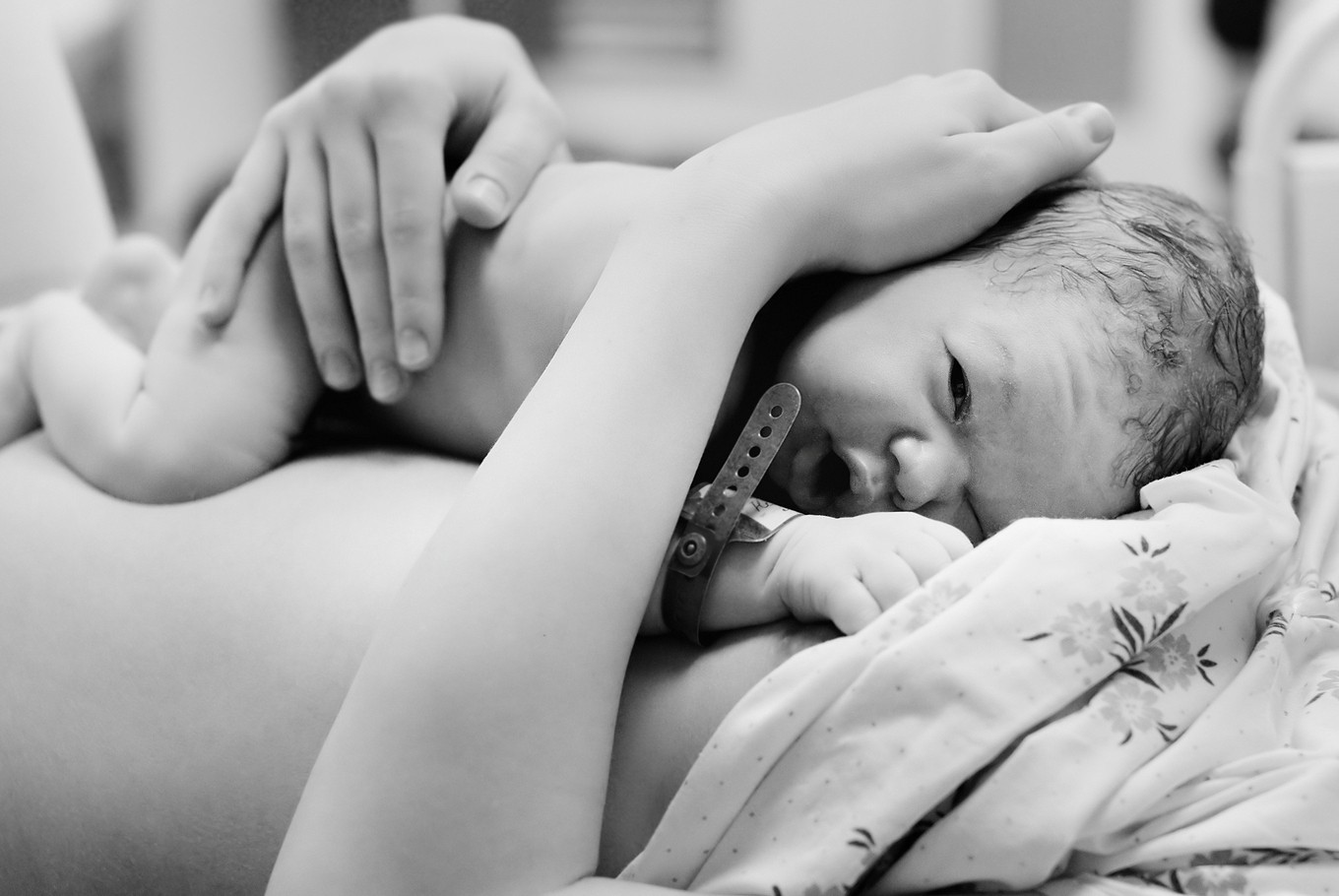Popular Reads
Top Results
Can't find what you're looking for?
View all search resultsPopular Reads
Top Results
Can't find what you're looking for?
View all search resultsWhat to prepare for a vaginal birth
Change text size
Gift Premium Articles
to Anyone
B
efore welcoming a little baby to life, many expectant mothers might feel worried about what to do and what not to before the due day.
When planning for a natural, vaginal birth, there are several things every mama needs to consider. These must be actively prepared, physically and mentally. This article may serve you as a guide for the critical aspects of preparing for your vaginal birth.
Know the stages of labor
Every woman's experience of labor is different. Nobody can predict what your labor will be like, or how long it will last. However, you basically will experience three stages during labor:
The first stage: This stage starts when the muscles of your uterus start to tighten, contract and then relax, which will help to thin and open the cervix so your baby can pass through the birth canal. This early phase can last from a few hours to days. You will then experience active contractions at regular intervals that last about a minute each time.
The second stage: This is the stage when your cervix is dilated and you push your baby out to the world.
The third stage: This stage is after your baby is born. Contractions will appear until the placenta is moved out of your birth canal.
(Read also: What no one mentions about vaginal birth)
Preparing for pain
To help with pain during labor, here are some things you can do before or during your pregnancy:
Practice perineum massage: Perineum massage is a technique that slowly and gently stretches the skin and tissues around the vagina and anus during the last few weeks of pregnancy. Normally, you can start this exercise by week 34. Studies have shown that perineum massage can reduce the incidence of perineum tears during childbirth.
Pelvic exercises (Kegel exercise): Your pelvic muscles have to work hard in the process of pushing your baby through your pelvic. Hence, pregnant women who perform pelvic exercises often find they have an easier birth. Strengthening these muscles during pregnancy can help you develop the ability to control your muscles during labor and delivery.
Take care of your pubic hair
When you become pregnant, it is natural for you to be worried about getting your pubic hair shaved, especially if it is your first delivery. A neat and clean pubic area will make it easier for you and your doctor to perform necessary procedures during labor. It reduces incidences of maternal infection, which can be triggered if the hair is not shaved off before delivery. Hence, most hospitals would advise you to shave your pubic hair before being admitted for your safety and hygiene.
Attend childbirth classes
Some expectant mothers may receive advised from their own mother or relatives; others could obtain information through a childbirth class. The aim of these classes is to provide information on childbirth, help you make informed decisions and minimize your fear. Basic things you would learn at a childbirth class include the signs of labor, the normal process of labor and birth, techniques for coping with pain, how your partner can help you during labor and when to call your doctor or midwife.
Whether you decide to have your child at home, in a birthing center or a hospital, these basic things can help you get ready for a natural childbirth. (kes)












